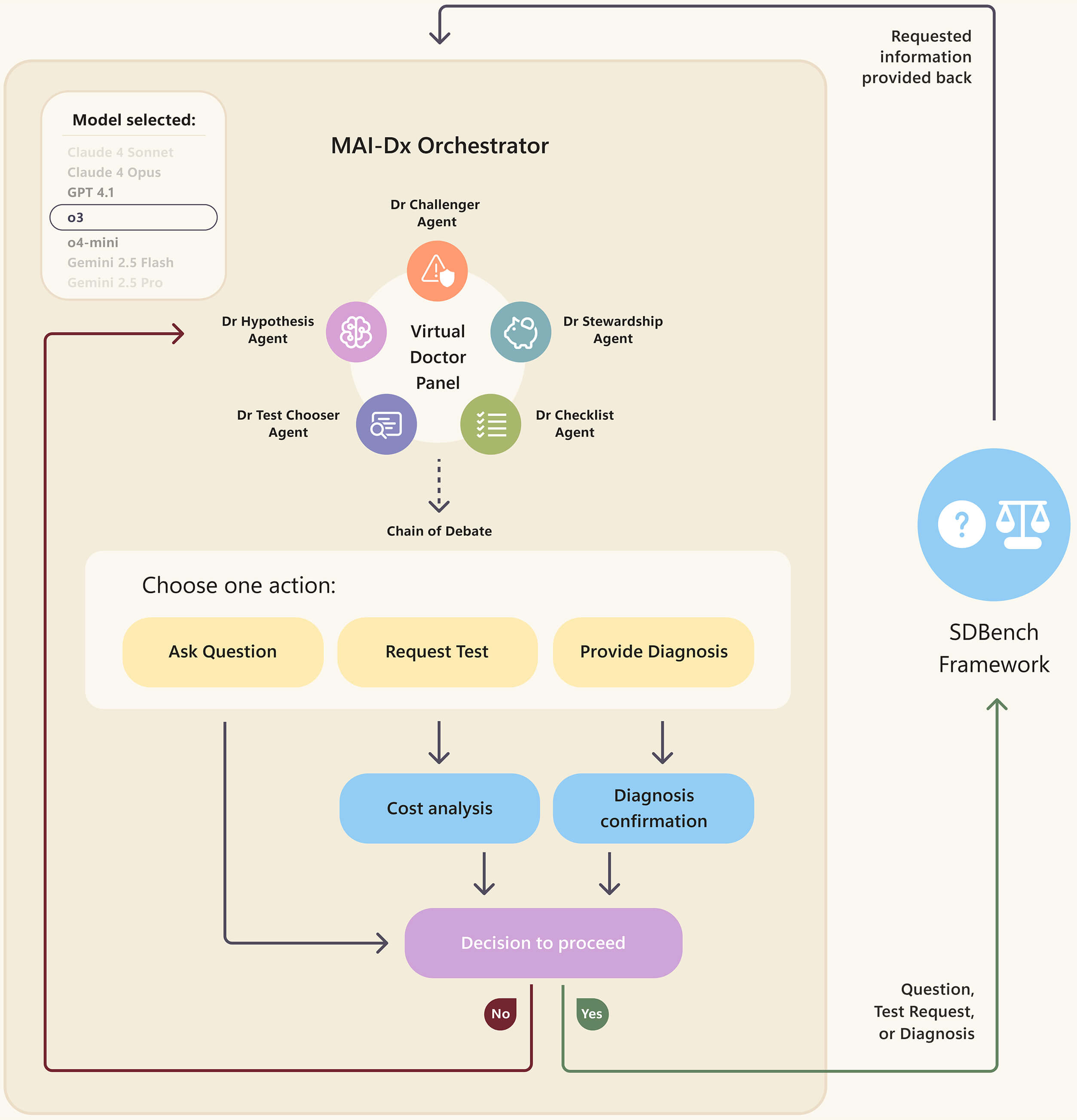Google's AI Notebook Now FREE for Teens...
Google opens NotebookLM to students under 18 and launches new Gemini AI features for teachers and schools, enhancing lesson planning, student analytics, and Chromebook management.
Details:
NotebookLM for Minors: Google’s AI-powered note-taking tool, NotebookLM, will soon be available to students under 18 for interactive study guides and audio summaries.
Gemini Tab in Google Classroom: Educators with Workspace accounts get a new Gemini tab to brainstorm lessons, draft content, and create math problems with AI support.

Custom AI “Gems”: Teachers can build curriculum-specific AI assistants ("Gems") for students; admins can also share Gems across districts.
Performance Analytics: A new Analytics tab lets teachers monitor student progress and identify those needing support.
AI Tools for Video & Forms: Gemini now helps generate educational videos via Google Vids and offers a tool to quickly create forms.
Chromebook Classroom Control: Teachers can now push content, manage distractions, and monitor activity on student Chromebooks in real time.
Hardware Expansion: Over a dozen new Chromebook models are launching, including Chromebook Plus devices, to support AI features in classrooms.
AI Tier Updates: “Gemini Education” becomes the default for education accounts, offering access to Gemini 2.5 Pro with unified AI services under “Google AI Pro for Education.”
🎓 Takeaway: Google is deeply integrating AI into classrooms—giving teachers powerful tools and students under 18 access to smarter learning aids for the first time. A major shift in AI education is here.
Microsoft’s AI Outsmarts Doctors in Tough Cases
Microsoft’s AI “diagnostic orchestrator” outperformed doctors in diagnosing tough medical cases, claiming over 80% accuracy using advanced models like OpenAI’s o3.
Highlights:
Breakthrough AI System: Microsoft developed a “diagnostic orchestrator” that mimics a panel of expert doctors to solve complex medical cases.

High Accuracy Rate: Paired with OpenAI’s o3 model, the system accurately diagnosed over 80% of test cases—compared to just 20% by doctors working solo.
Use of NEJM Case Studies: Over 300 case studies from the New England Journal of Medicine were turned into interactive challenges to train and test the AI.
Multi-Model Integration: The system integrates AI models from OpenAI, Google, Meta, Anthropic, and Elon Musk’s Grok, coordinated by Microsoft’s orchestrator.
Cost & Efficiency Boost: AI proved more cost-efficient by ordering better tests and saving time in the diagnostic process.
Superintelligence Ambitions: Microsoft calls it a step toward “medical superintelligence” but stresses AI will support—not replace—doctors.
Clinical Use Still Ahead: While promising, the system isn’t ready for clinical deployment and needs further testing on common conditions.
🔍 Takeaway: This isn’t just a flashy demo—Microsoft’s system represents a major leap toward AI-powered medical diagnostics. But human doctors aren’t out of the picture; they’re evolving with AI, not being replaced.
Apple May Tap OpenAI or Anthropic to Save Siri
Apple is in talks with Anthropic and OpenAI to power a smarter Siri, after falling behind rivals in AI. Anthropic’s Claude is reportedly the top pick for a major voice assistant upgrade.
Details:
Apple’s Siri Stalls: Once innovative, Siri now lags far behind in conversational AI, prompting Apple to explore external partnerships.
Talks with Anthropic & OpenAI: Apple has held discussions with both companies; early testing reportedly favors Anthropic's Claude for integration.
Why It Matters: Google, Microsoft, Meta, and Amazon have all made aggressive AI moves—Apple needs to catch up fast.










